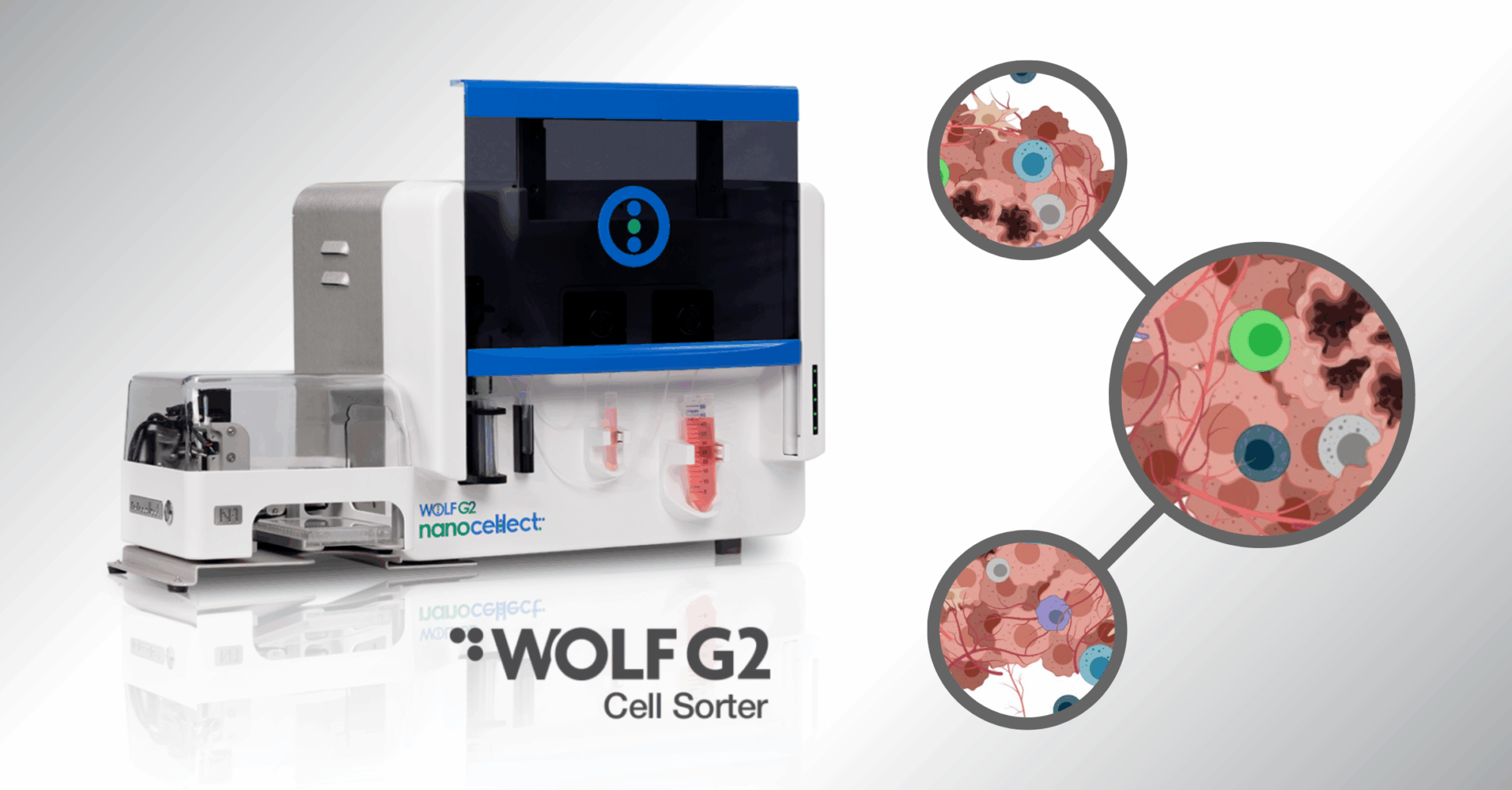10 Questions with Tricia Rogers About Running a Flow Core Lab

We sat down with Tricia Rogers, Associate Director of the flow core facility at the Broad Institute in Boston, Massachusetts, and a member of NanoCellect’s Scientific Advisory Board. With 18+ years of experience working in flow cytometry, Tricia started at Harvard Med, and now runs the flow core lab that she was hired to build from the ground up. She was the perfect person to talk to about what running a flow core lab is like.

1) What’s it like to be a core lab director?
It’s a lot of multitasking and not extremely structured because you don’t know what you’re going to do from day to day. You’re managing a lot of instrumentation, and there are always new things to learn and new things to implement. You have to be a really good problem solver and troubleshooter, and also really savvy at knowing who to talk to and who to connect with to get things done. You don’t sit in front of instruments as much as I would being a technician back in the day, but I still get my hands wet here and there. We have four core technologies in our lab, so we’re constantly asking, what do we need in order to do X, Y, Z? Does it exist? Can we go get it? How do we make this process better? How do we make it easier? It’s asking a lot of these questions and figuring out how to do things.
2) When did you know you wanted to be a flow core director?
How I ended up in flow cytometry was serendipitous. I don’t think anyone plans to be a flow core director. I think you end up doing flow cytometry for a really long time, and then you eventually end up as a flow core director. You don’t pick flow cytometry, I feel like it picks you because you’re the one who volunteers to take care of flow cytometers, and by doing so, you become a flow cytometrist. At least, that’s how I got into it.
3) You mentioned that your lab has over 60 instruments. On an average day, how many would you say get used?
I would say half of the instruments get used on an average day. Not all at the same time, but sporadically throughout the day because we have a lot of really niche instruments. We have about 25 flow cytometers and of those, definitely half of those get used every day.
4) What is the most challenging thing about managing a core lab?
For me, I think the biggest challenge is cost recovering all of my expenses. Especially working in an academic lab, it’s really important to break even. That’s sometimes hard, so I have to get creative and find new revenue sources in order to be closer to that breakeven point while at the same time not being so expensive that I’m not competitive anymore.
5) What does the process look like for choosing the next instrument that you purchase for the lab?
It really depends on the need that we’re trying to fill. If we’re out of capacity with a current instrument, it’s probably going to be something similar to what we already have. But if we’re trying to ask a question and don’t have an instrument to answer that question, then we’re going out and looking for new technology. Sometimes we bring in technology but don’t really know how it’s going to work yet, and we have to figure out cool things to do with it. Sometimes we get requests from lab users, and we’re able to accommodate some of them if we have extra room in our capital equipment budget. For the most part though, when we buy new instruments, it’s supplementing what we already have because we’re running out of capacity.
6) How do you manage pairing the right user and their project with the right instrument?
It can be really hard. It’s almost like a decision tree when they come into the lab where you basically start at, okay, what are you trying to do? Then, how many colors do you have? How many ways of sorting do you need? What type of sample are you sorting? We just go down the list and, based on the answers, decide what we think is the right instrument they should start with. We try it and if it works, great! If it doesn’t, then we try something else. It’s also dependent on how many times they want to do this and whether they want to get trained on the instrument.
7) What is most attractive about adding a WOLF Cell Sorter to a core lab?
Usually, most core labs do not want to sort bacteria or yeast because of sterility concerns. They just don’t want it in their facility. Since you discard everything at the end of sorting with the WOLF, you don’t really have to worry about cross contamination because of the fully contained fluidics path. It’s a really good fit to allow labs to process bacteria and yeast samples.
8) What types of projects has your lab’s WOLF been used for?
Our WOLF has been used for single-cell plate deposition and for cloning cell lines, which is pretty common. We’ve also used it for samples that were too fragile to go on the bigger sorters since the WOLF is so gentle. Our lab works mainly with cell lines, human primary samples, and some mouse samples. So we’ve used it in instances where a bigger sorter did not do a very good job and we needed to find an alternative in order to enrich the population.
9) What is the coolest thing about running a core lab?
Getting to play with all the new toys! One of the coolest things is definitely that you get to see instrumentation sometimes before it is officially released. Companies talk to you, you sign an NDA, and then they say, “Hey, let’s collaborate and try new experiments on our instrumentation.” That’s a really cool thing about being in a core lab and being a board director.
10) What are the top skills you need to have to be a flow core director?
Some of the skills are instrumentation related, but it’s also a lot of solving applications-based challenges. You could have people coming to your lab who work with plants and bacteria or deep sea ocean samples, and they’re asking you, “How do I do this?” Then you’re having to do PubMed searches, or Google Scholar searches trying to find out if somebody has done this before, and if not, how to try it. If you get really frustrated by small things, then this field is not for you. People who typically get into this type of work are usually the people who are more amenable to getting their hands dirty. Rolling up their sleeves and saying, okay, I can figure this out, I can do this, and not giving up when they hit a wall. The people who actually go out there and take the time to learn the technology are typically the ones I see progressing upwards to be core lab directors.
———
Interested in learning more about the WOLF systems? Contact us for more information.



